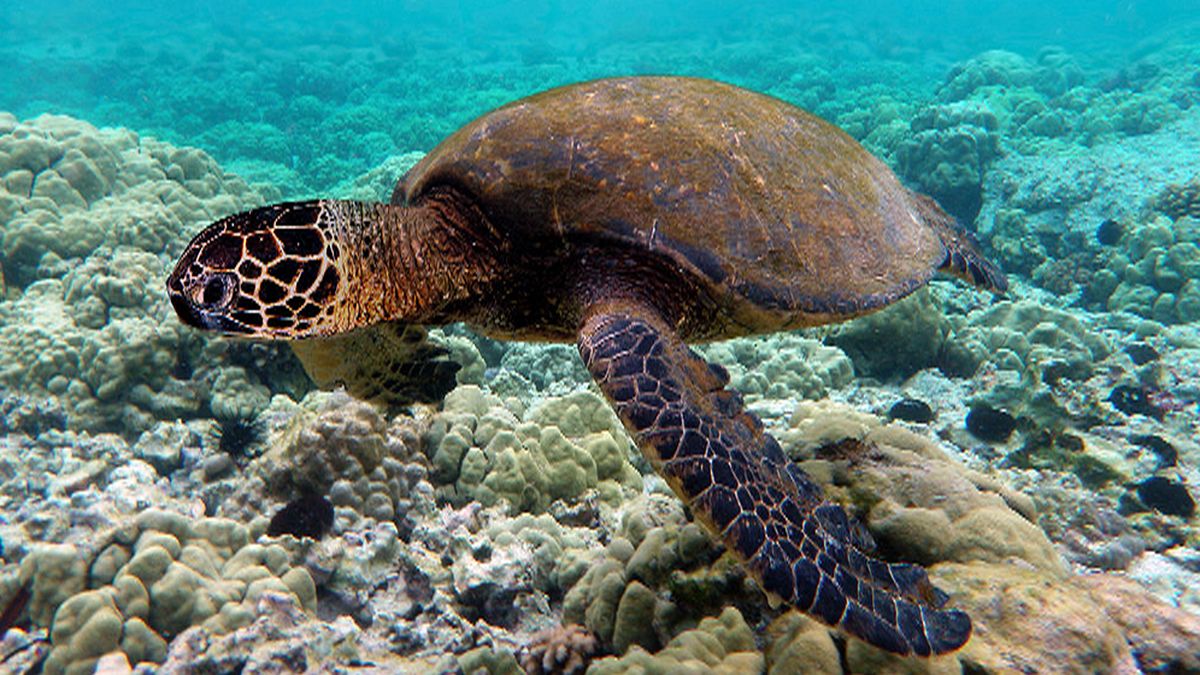Researchers in Queensland, Australia have found that green turtles are now swallowing twice as much plastic as they were 25 years ago.
The study was carried out by Biological Scientists at the University of Queensland and CSIRO (the Commonwealth Scientific and Industrial Research Organisation). It analysed 37 studies reporting on data collected from pre-1900 to 2011, specifically looking at the effect that ingesting marine debris has on sea turtles and other wildlife.
According to the research, the marine debris consumed by green and leatherback turtles has increased steadily over time, with the most commonly-ingested detritus being plastic.
“Our research revealed that young ocean-going turtles were more likely to eat plastic than their older, coastal-dwelling relatives,” study leader and PhD candidate Qamar Schuyler said.
She stressed the importance of a global effort to manage the amount of debris: “Results from this global analysis indicate oceanic leatherback turtles and green turtles are at the greatest risk of being killed or harmed from ingested marine debris,” adding “To reduce this risk, man-made debris must be managed at a global level, from the manufacturers through to the consumers – before debris reaches the ocean.”
Surprisingly, turtles living in areas with a high level of debris do not ingest a correspondingly high amount of debris, suggesting that a coastal clean-up programme is not a sufficient answer to the problem. “Amazingly, turtles found adjacent to the heavily-populated New York city area showed little or no evidence of debris ingestion, while all of the turtles found near an undeveloped area of southern Brazil had eaten debris,” Schuyler stated. She conceded, however, that a global effort to clean up the coast would be “an important step.”
According to the study, approximately 80 percent of marine debris comes from land-based sources, making an effective waste-management system imperative.
Image credit: SreeBot on Wikipedia.
